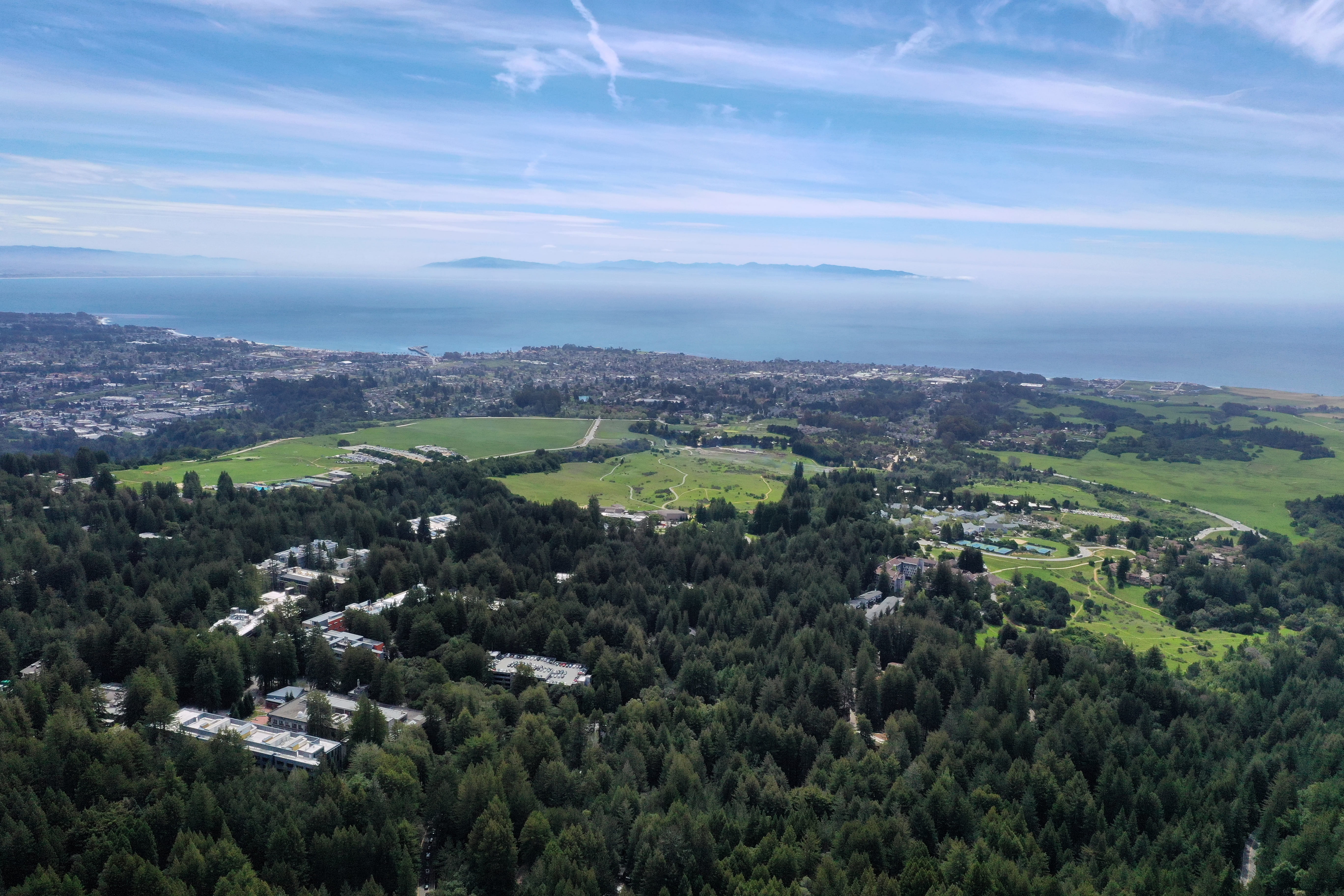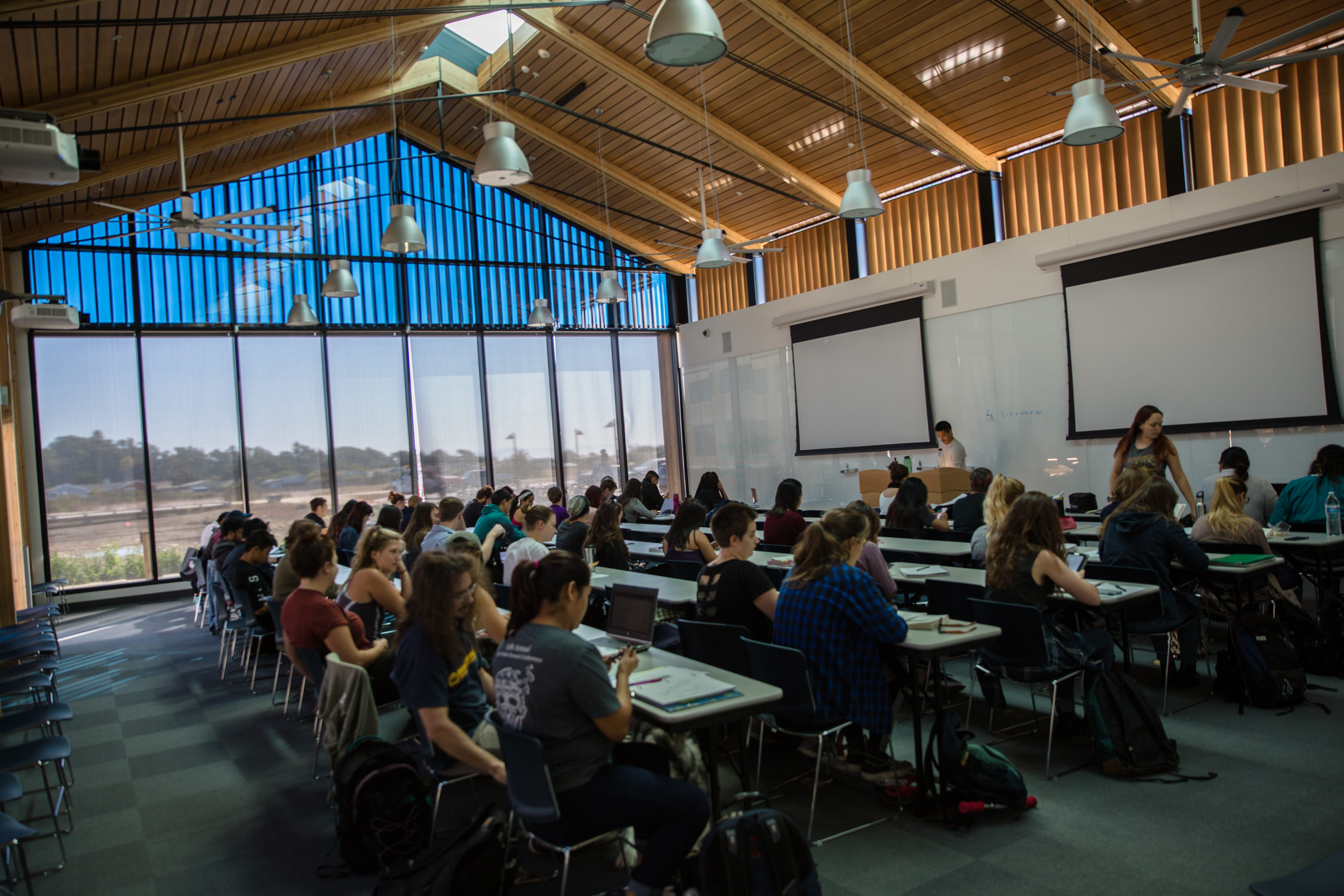
Workshops Supporting Annual Mentor Training
All Faculty currently serving as a Mentor for an IBSC Trainee is required to complete annual Mentor Training as part of their respective Training Program. The IRACDA, T32, and CIRM Training Programs all require Annual Mentor Training. In support of this, the IBSC continually updates this list of Mentor Training workshops that have been completed by current and past IBSC Mentors and have been deemed beneficial.
Recently completed a workshop?
Let the IBSC know how beneficial it was and help facilitate accurate and updated Mentor Training ratings!
Contact the IBSC and let us knowCompleted Your Annual Training?
Be sure to submit your Mentor Training Form which should take less than 2 minutes to complete.
Submit Training VerificationUnconcious Bias
- NRMN
- 2 Hours
- Online/Virtual
Unconscious Bias is a prejudice we have or an assumption we make about another person based on common cultural stereotypes, rather than on thoughtful judgement. The Unconscious Bias Course will help you address your personal unconscious bias, teach you about microaggressions, provide a solutions toolkit, develop your self-awareness, and discuss bias and disparities in STEM disciplines and STEM research, including medicine and healthcare.
Read moreMentoring Graduate Students, Post Docs and Early Career Faculty
- NRMN
- 2 Hours
- Online/Virtual
This self-directed course is designed to help faculty members (or other experienced researchers) optimize their mentoring relationships with graduate students, post-doctoral fellows, and early-career faculty. The course predominantly addresses research mentoring that occurs within biomedical, behavioral, and social science fields. However, many of the principles and approaches covered in this course are applicable to other disciplines and other types of mentoring relationships.
Read more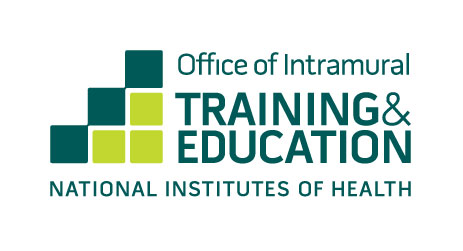
Raising a Resilient Scientist (RRS) series
- NIH
- 11 Hours
- Online/Virtual
A five-part series including lectures and discussion groups for faculty, staff scientists, and administrators who mentor students and postdoctoral fellows in the biomedical, behavioral, and social sciences. The goal of the Raising a Resilient Scientist series is to promote the mental health and well-being of the academic research community by supporting faculty and administrators to develop self-management, relationship-management, and mentoring skills. A variety of topics will be covered with a specific focus on communication and shared problem-solving to help trainees deal with the inevitable setbacks experienced in high knowledge environments.
Read more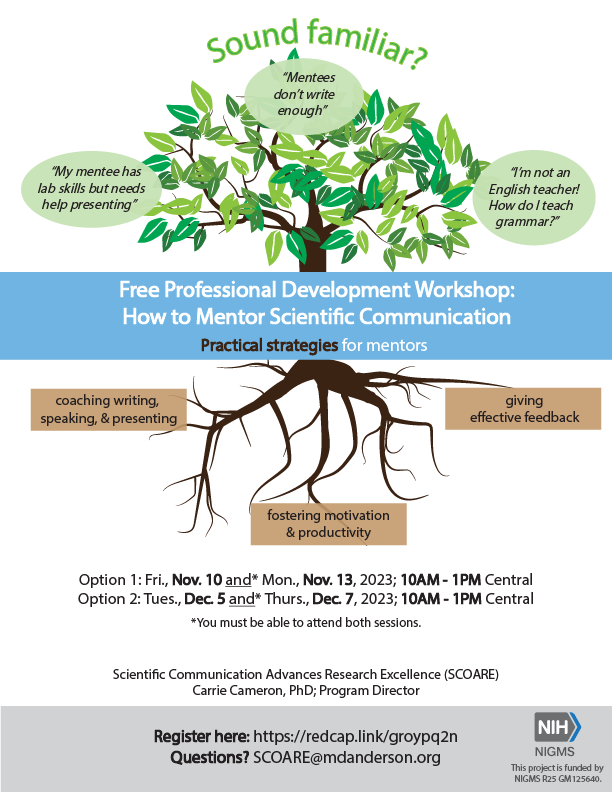
How to Mentor Scientific Communication
- SCOARE
- 6 Hours
- Online/Virtual
In this NIH-funded online research mentor training workshop “Scientific Communication Advances Research Excellence” (SCOARE), developed by Drs. Carrie Cameron and Shine Chang of The University of Texas MD Anderson Cancer Center, mentors will learn best practices and strategies for helping mentees develop their scientific speaking and writing skills, which have been shown to build mentees’ commitment to research careers. Virtual workshops are delivered in 2 online 3-hour sessions and are limited to 20 attendees; participants must attend both sessions.
Read more
Mentorship: Efficient and Effective Practices
- NCFDD
- 2 Hours
- Online/Virtual
The pandemic has clarified the value of time, the importance of connecting, and the demands of our job. One task that intersects these three realizations is mentoring. Mentorship is often uncompensated and undervalued; it is also an easy task to be cut when our plates are full. Most professionals are interested in mentorship — to help others and to create a sense of purpose. But can we do this meaningfully with limited time, energy, knowledge? In this lecture, you will learn how to mentor efficiently. You will learn to protect yourself before and while you help others. You will learn that by implementing deliberate strategies, you become more engaged with your job. As a byproduct of the lecture, you will also learn how to become a better mentee as well. This lecture will review some data, some theories, some anecdotes. But it will otherwise be largely strategic.
Read more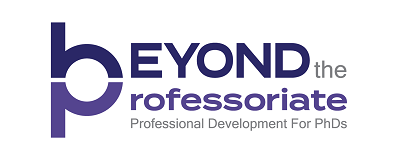
Key to a Successful Career Transition: Why and how to network
- BeyondProf
- 1 Hour
- Online/Virtual
Networking is key to job searching, with over 80% of jobs in North America filled through networks and referrals. However, many find the idea of reaching out to strangers daunting. Beyond just job leads, networking helps you gain vital insights about the industry, suitable roles, compensation expectations, and the interview process. This workshop focuses on mastering authentic networking and informational interviews, ensuring your networking feels genuine, not transactional. Learn to effectively build your network and navigate your job search with confidence.
Read more
Equity, Diversity, and Inclusion in Action
- ISSCR
- 2 Hours
- Online/Virtual
An ISSCR Digital webinar series hosted in partnership with the New York Stem Cell Foundation Research Institute. This two-part webinar series gathers insights from facilitators and participants of US-based EDI programs designed to attract and retain diverse talent in stem cell research. Hear from researchers across all career stages: from professional-level EDI leaders, to students who found opportunities through these initiatives.
Read more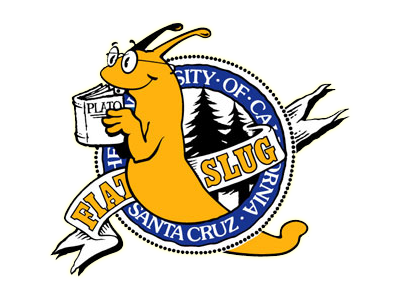
Adapting your Supervisory Style for Students
- UCSC
- 2 Hours
- Online/Virtual
Supervising student employees can be a highly transformative experience for both the supervisor and the student. Career Success collected and created a variety of resources designed for staff and faculty new to supervision and folx with extensive experience in supervision. Learn from Sharon Castro about ways to adapt your supervisory style to support your student employees.
Read more
Advanced Topics in Equity-Minded Mentoring
- UCSC
- 2 Hours
- Online/Virtual
Follow-up workshops on equity-minded mentoring of graduate students are available after department faculty have participated in the “Mentoring Graduate Students” workshop. These follow-up workshops currently include “Creating a Culture of Wellbeing” and “Science Identity & Sense of Belonging” and support faculty participants to go into more depth around topics like: Graduate student mental health and wellness; Practicing critical mentoring; Supporting science identity and STEM persistence; Strategies for supporting racially minoritized graduate students; Inclusive and intentional communication; and Addressing microaggressions. These workshops draw from recent research in equity-minded mentoring practices.
Read more